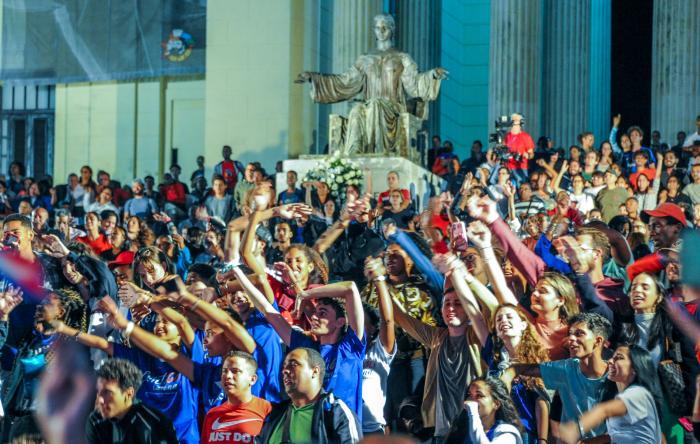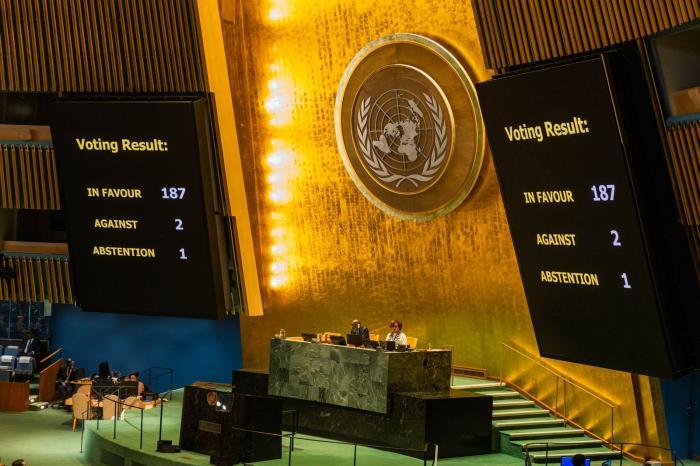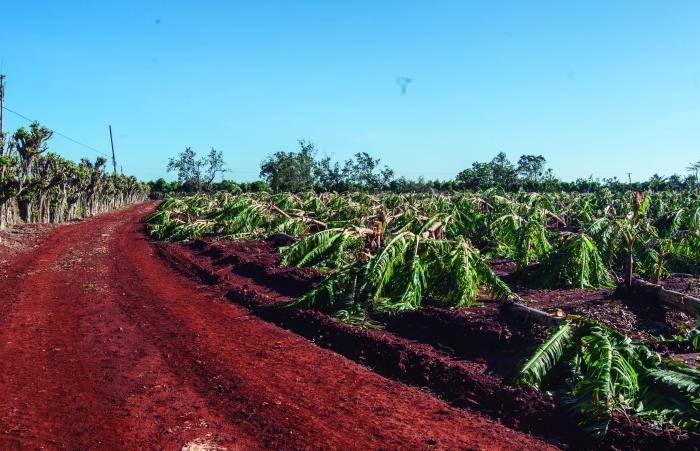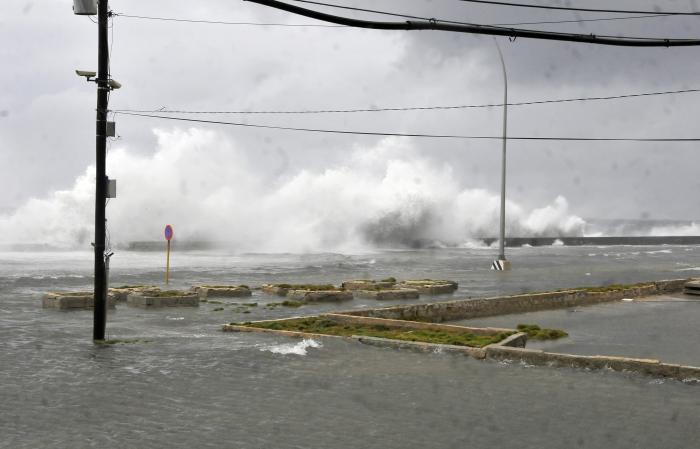


Fidel is a country. He lives in the collective memory of his people, which is the best way to never die. That is the essence of a man-nation that nested in the chest of his people for all times.He would affirm it at the dawn of the revolutionary triumph of 1959 when he exclaimed: “I will always be with the people” and, as a premise of life, he would make that phrase his greatest truth. Since then, there was no hurricane in Cuba, social problem or interference threat affecting Cubans in which the Commander-in-Chief was not with his people.His vocation as a natural leader always led him to be close to the people, to talk to them, to listen to what they had to say, and to see with his own eyes beautiful or complex realities, with no other armor than the affection they had for him in the fields and cities, in power plants and schools, in factories and hospitals, in cooperatives, sports, scientific and environmental centers and in so many places where his endearing presence became an impulse, a commitment and popular satisfaction. Not in vain that special connection that was created between the leader and his people, under the deep-rooted Marti's concept: with all and for the good of all, exalted the history of resistance and rebellion of an island in permanent combat struggle against the countless attempts to economically suffocate us.That's why his voice, energetic and vibrant, captivating and convincing, caught the attention of the crowds in the midst of long speeches that recorded the written epic of a country in Revolution, under the leadership of that Giant in olive green who never asked for anything he was not capable of doing; thus, by his example, he contributed to the trust of several generations of Cubans.But the Comandante was (and is) much more for his people. His true legend as a true man, who placed at the center of the nation's conquests our full right to live without masters and to build a future with social justice, also earned him the respect and admiration of millions, who did not let him die that mournful November 2016, when he began to multiply in a heartfelt expression, the validity of his work: I am Fidel! Thus, the image of his legacy always comes to us from his survival, as a beacon, guide, virtue, decorum and unwavering certainty of what we have to defend, because Fidel does not need buildings or monuments or streets to remember him; it is enough just to say his name to know that he is present and alive in his people.



Related News

An emphatic victory for Cuba at the UN: 187 votes against the U.S. blockade

Recovering what has been lost in agriculture must be a working premise

Cyclonic alarm phase is declared for the provinces from Villa Clara to Pinar del Río, and...


